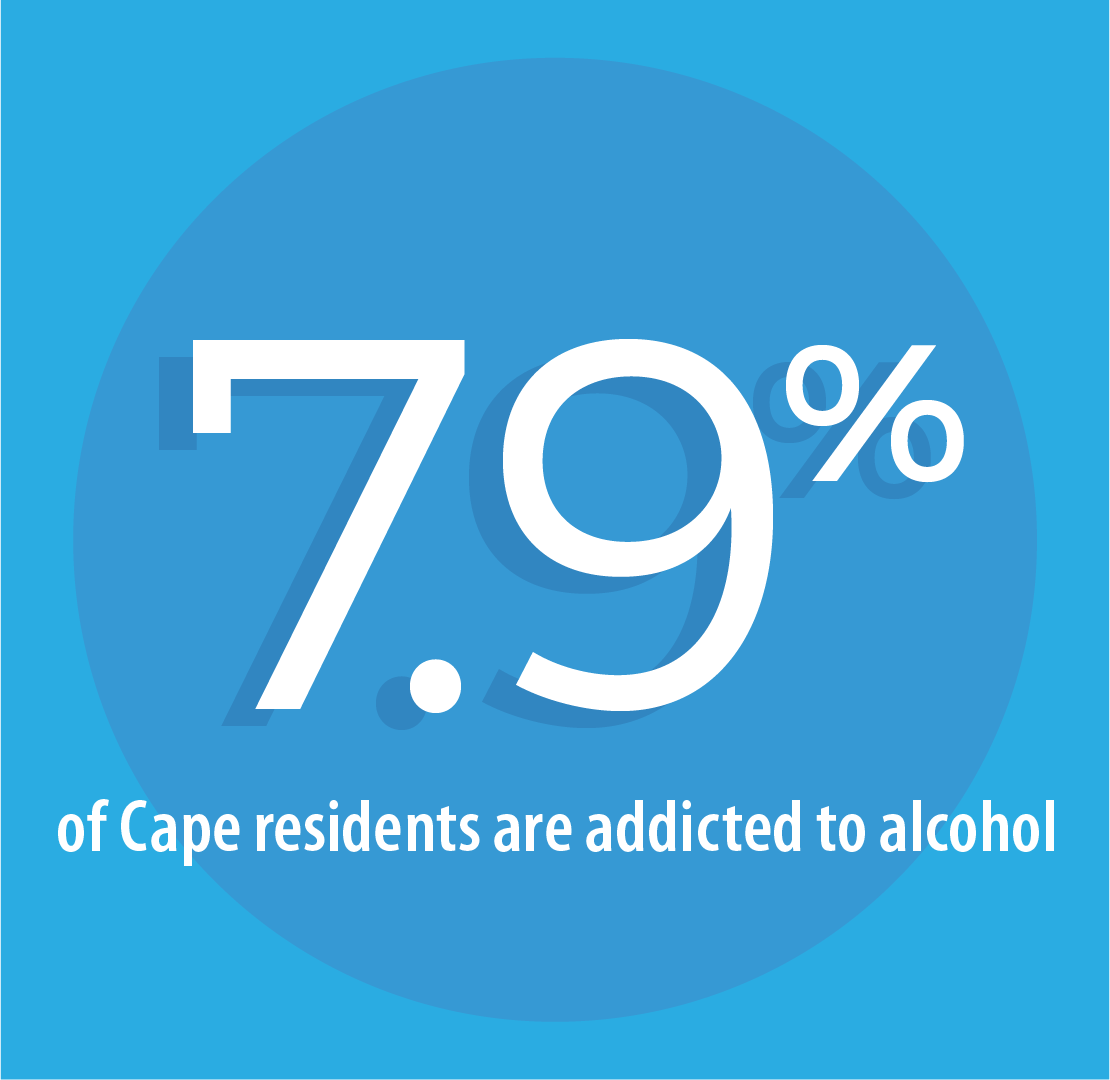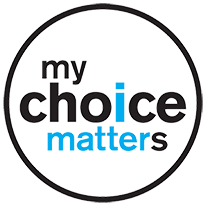CAPE COD FACTS
Substance use is a concern nationwide and on Cape Cod. Our region has a high rate of alcohol use, a troubling opioid problem and correlating issues that wear on the fabric of our community.
However, we are a community that chooses not to shy from these issues, but to address them head on because we matter, our children matter, and our neighbors matter.
My Choice Matters is a social norming campaign that works with a coordinated system of prevention, intervention, treatment and recovery partners, so that Cape Cod Communities are happy, healthy, safe and thriving.
Cape Cod Substance Use Facts
TRUE.
60% of Cape Cod teens choose not to drink alcohol. (based upon 30-day use data, Barnstable County SAPC Regional Strategic Plan, June 2015).
FALSE.
70% of teens at Cape Cod High Schools choose not to smoke marijuana. (based upon 30-day use data, Barnstable County SAPC Regional Strategic Plan, June 2015).
Parents have a significant influence on whether or not their kids drink or do drugs. In fact, more influence than peer pressure. (Barnstable County SAPC Regional Strategic Plan, June 2015).
FALSE.
The Social Host Law makes it illegal to allow underage guests to drink in your home. The law applies to parents, property owners and tenants regardless of whether or not they are present.
The Human & Financial Costs of Substance Use in Barnstable County




















Sources: RSAC. “Analysis of Substance Abuse on Cape Cod: A Baseline Assessment,” (February 2015). Miller, T. and Hendrie, D. Substance Abuse Prevention Dollars and Cents: A Cost-Benefit Analysis, DHHS Pub. No. (SMA) 07-4298. Rockville, MD: Center for Substance Abuse Prevention, Substance Abuse and Mental Health Services Administration, 2008.
Massachusetts Good Samaritan Law
Passed in 2012, the Massachusetts Good Samaritan Law encourages someone who witnesses an overdose to seek help from professionals by providing the caller, and the person who overdosed, protection from arrest and prosecution for drug possession. The goal is to protect people, so they are not afraid to involve emergency services as soon as possible.
The law protects the caller and overdose victim from arrest and/or prosecution for simple drug possession, possession of paraphernalia, and/or being under the influence.
Immediate medical help is critical when someone is experiencing an overdose. Please do not let fear of police involvement prevent you from calling 911.

